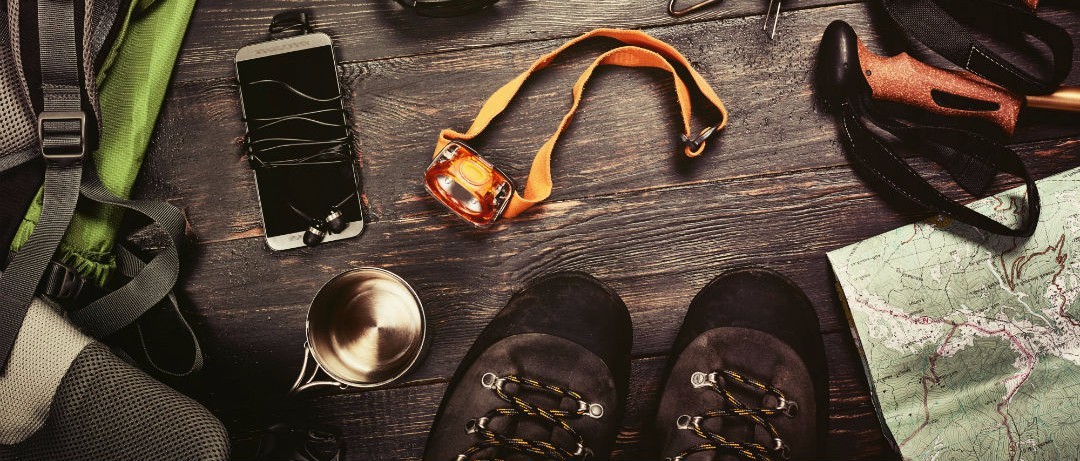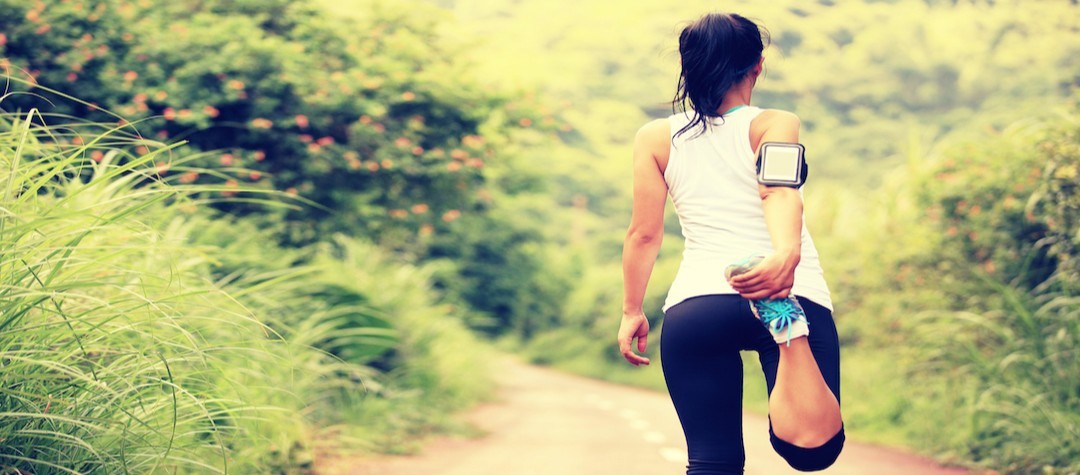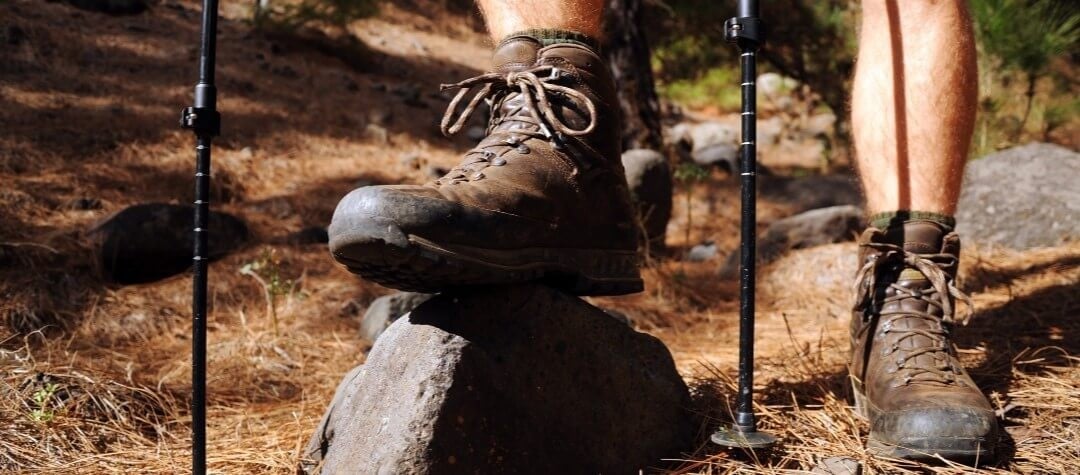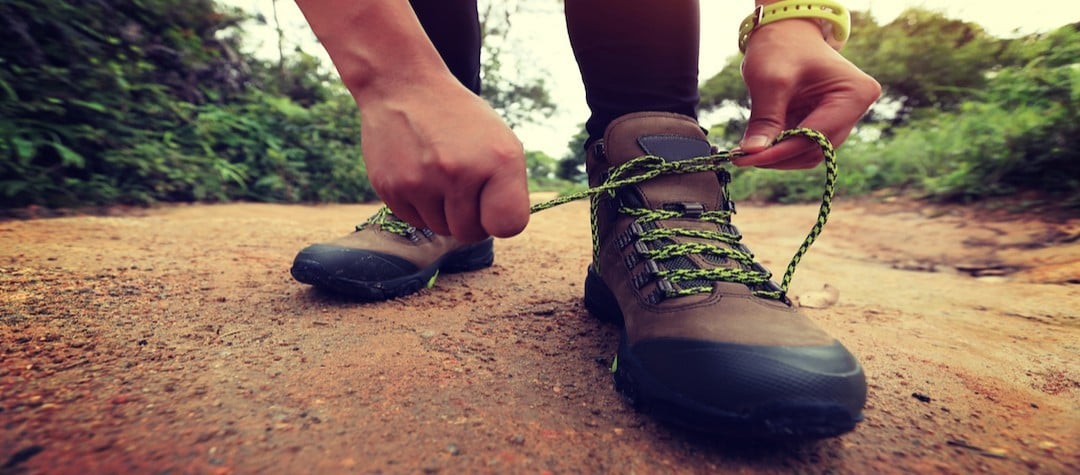If you’re thinking of taking up hiking it’s important to have the right equipment. Here’s our realbuzz guide to what you need to get off on the right foot.
Use our easy-to-follow checklists to help you get prepared for your hike or trek. This information is a general guide and you have to consider that the equipment you need will vary depending on the time of year, terrain to be covered and the weather conditions.
Equipment essentials
It’s really important that you thoroughly prepare for any hiking trip. Make sure you don’t forget any of these essentials:
- Backpack and waterproof liner
- Map, compass and guidebook. There are many compasses available – the most popular model for hill walking is the Suunto model M-3D. Recently, mobile phones and GPS units have become the go-to for hikers, but there’s a risk that the batteries might run out or your electronics get wet. So it’s always best to have a compass as a back-up
- Route card – no matter how experienced it’s always important that you plan your route carefully
- Food — sandwiches, chewy bars, fruit, nuts, confectionery
- Emergency food — such as high energy food bars
- Drink – for longer hikes you could need up to two litres of water and tea, coffee or soup
- Insect repellent
- Sunglasses and sunscreen
- Camera
- Mobile phone
- A loud whistle to attract attention in an emergency
- Lightweight head torch — in case you get caught out after sunset
- Spare batteries for your camera and torch
- Spare shoe laces
- First aid kit
- Survival bag
- Zinc oxide tape
- A tough plastic bag to carry your litter home
- Tissue paper or wet wipes
Clothing essentials
- Base layer top and bottoms
- Mid layer top and bottoms
- Outer layer top and bottoms
- Gaiters
- Hat and gloves
- Spare mid-layer fleece
- Spare pair of socks
Things to consider
These items are optional. They can be invaluable in some situations, but an unnecessary weight to carry in others. As we mentioned earlier, it often depends on the type of terrain, the weather conditions and the time of year that you’re hiking.
GPS receiver
Although you should never rely on a GPS receiver alone for navigation, they can be essential tools in poor visibility, at night or in an emergency. They are now relatively inexpensive and many phones have GPS built in. They can be a great aid to learning navigation by simply confirming your location and boosting your confidence in your own skills.
Binoculars
These are great for watching wildlife — and also a useful navigational aid.
Walking poles
They are great for reducing strain on your legs when you’re carrying heavy loads and help prevent ankle or knee injuries on steep ascents and descents.
Weekend walks or camping trips
Weekend walks or camping trips will require extra preparation and equipment.
You need to take all the same equipment and clothing as above, with the following additions:
- Stove and fuel
- Eating, cooking and drinking utensils
- Dish washing items
- Windproof lighter or matches
- Sleeping bag
- Sleeping mat
- Tent — always check you have all the pegs and poles before you leave home! It’s often best to put up the tent before you leave, just to ensure everything’s working properly
- Toiletries and towel
- Paracord — it has many useful functions. Lengths of cord tied to rocks and trees can be useful ‘handrails’ at night to guide you from your tent.















